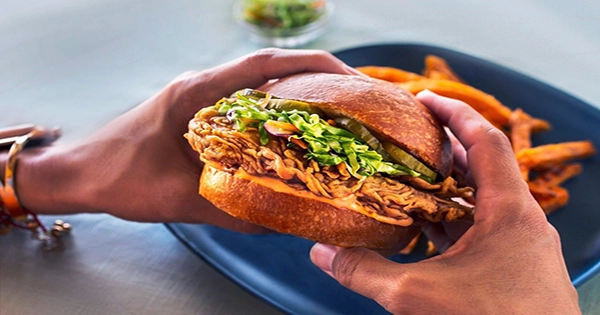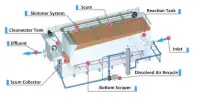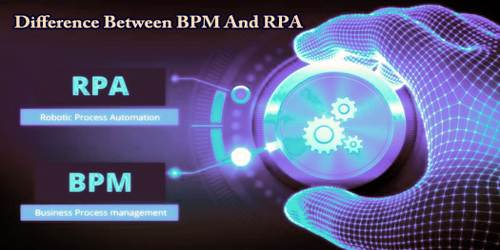Cultivated beef, cultivated in a bioreactor rather than on the open range, might be one of the decade’s biggest culinary trends. However, it relies on technology designed to grow yeast and bacteria cells rather than animal flesh, which Unicorn Biotechnologies hopes to address with new equipment designed for bulk food production. It just received $3.2 million to bring its prototype bioreactor to market. Despite the fact that we learn about new farmed meat firms and financing rounds on a regular basis (this one just happened while I was writing this!), there are fundamental doubts about whether this kind of meat production can scale.
The plain reality is that animals like cows are raised in massive surroundings that are mainly vacant or filled with hay; every gram of farmed flesh is processed via a costly, sophisticated system that wasn’t built to accomplish this in the first place. “Most biomanufacturing systems were built and optimized for creating bacteria (making enzymes) or yeast (brewing beer), or are focused on making animal cell byproducts (vaccines), not the animal cells themselves,” stated Jack Reid, Unicorn Bio’s co-founder and CEO.
“To develop meat using this antiquated machinery, one must reengineer the cells.” Instead of trying to integrate these cells into current engineering systems, our approach and basic philosophy is that it is actually easier, and ultimately better, to develop new hardware systems geared at fostering growth around the cells.” Of course, these multibillion-dollar corporations aren’t just buying goods off the shelf. However, the sector is rapidly evolving, and critics have noted that even the most optimistic projections pale in comparison to the traditional meat industry. They’ll need to replace more than 1% of beef if they want to transform the planet.
Unicorn seeks to solve that with automation and modularity built from the ground up with scalability in mind. “Bioprocess optimization is now one of the most difficult tasks in biomanufacturing.” “Scaling a bioprocess to large-scale bioreactors (picture steel tanks the size of a small home) can take years, if not decades,” Reid added. Unicorn’s modular method employs a number of smaller systems that operate in parallel; lower quantities are easier to manage and add or delete to fulfill demand or replace others.
Reid also claims that its devices are more automated — albeit they are still at the prototype stage. However, bioreactors have just lately become popular in biotech and pharmaceutical labs, and they aren’t precisely built for ease of use or modification. “We’re building an end-to-end automated system.” “You don’t need a Ph.D. to run it; all you have to do is ‘plug in’ your beginning components, pick the product you’re producing, and let the machine do the rest,” he added. While there’s almost probably more to it than that, the system will do this using built-in sensors, machine learning, and industrial automation technology. Some of them can already be found in other farmed meat businesses’ inventions, but this is a fast-paced industry.
















